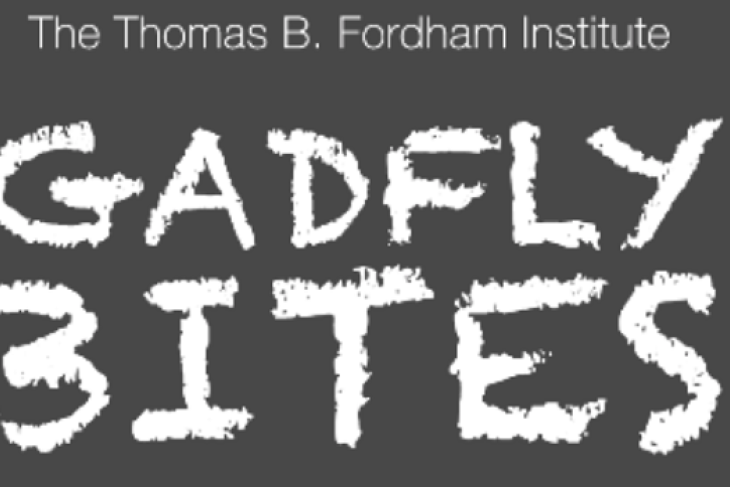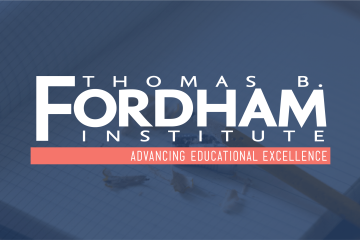- Fordham is namechecked in this story taking an Ohio angle on a new national report which I gather uncovers lots of waste in federal charter school funding processes. (Columbus Dispatch, 3/26/19) Luckily for us local folks, the D is interested in all forms of large-scale fraud and waste of resources. Exhibit B comes from Columbus City Schools, which apparently has some huge problems administering reading interventions (including poor administration/oversight of online learning), which could—I assume—actually harm kids’ educational progress if correct, and in billing Medicaid for transportation services, which leaves millions of federal dollars out of local coffers if correct. (Columbus Dispatch, 3/26/19)
- A one-sided gathering of folks opposed to vouchers got together in Cleveland Heights-University Heights recently to answer that age-old question: “You all know vouchers suck; but just how much do they suck?” Going by the tenor of this coverage, I’m pretty sure the answer was rendered in dollars. (Heights Observer, Cleveland, 3/26/19)
- The above-referenced “information session” of course did not discuss the reasons why voucher eligibility is expanding in Ohio nor the reasons why parents might (gasp, horror) choose private school for their children if they are able to do so. Why would “public education defenders” bother with those things? But no matter. A new school funding proposal on the horizon might just take the sting out of both of those affronts to said defenders. How? By, among other things, directly funding voucher, charter, and STEM students through the state, rather than as deducts from the money that “belongs” to school districts. Sounds good to me, but let’s see how it goes. (Dayton Daily News, 3/26/19) The new school funding proposal is lauded as being bi-partisan and I won’t scoff at that. But it seems that some folks—including the Lakota City Schools Treasurer, who was part of the aforementioned bi-partisan group who helped craft the thing—are being sold on the plan as the solution to their own bottom line issues. While the reporter here mentions the direct funding of charter and voucher students, the treasurers and district officials quoted do not. And I won’t scoff at that. For now. (The Journal-News, 3/26/19)
- Speaking of proposals for change, State Supe Paolo DeMaria this week released his suggestions for changing Ohio’s academic distress paradigm for low-performing schools. Released more than a month ahead of deadline (unheard of!), the suggestions are a mixed bag of the good (state interventions can start at the district’s first “F” grade), the bad (throwing good money after bad in some instances), and the ugly (involvement of the alphabet soup of statewide lobbying groups in district improvement efforts). Excellent coverage from the Chronicle, too. (Elyria Chronicle, 3/26/19) Meanwhile, in the Ohio Senate, a new bill proffers some academic distress paradigm changes that apply specifically to Lorain City Schools. These include a change in the appointment process for Academic Distress Commission members, a bit more responsibility for the elected board, and a “play nice” provision requiring the CEO to attend a school board meeting or two. (Gongwer Ohio, 3/26/19) Amid all these proposals, it is still unclear whether and how the three existing ADCs will continue about their business. In Youngstown at least, it’s full steam ahead. 140 people have applied to fill Krish Mohip’s sizeable shoes as district CEO. (Youngstown Vindicator, 3/27/19)
Did you know you can have every edition of Gadfly Bites sent directly to your Inbox (in case you want to sign up for such a colossal newsletter)? Subscribe by clicking here.
Policy Priority:
Topics:




